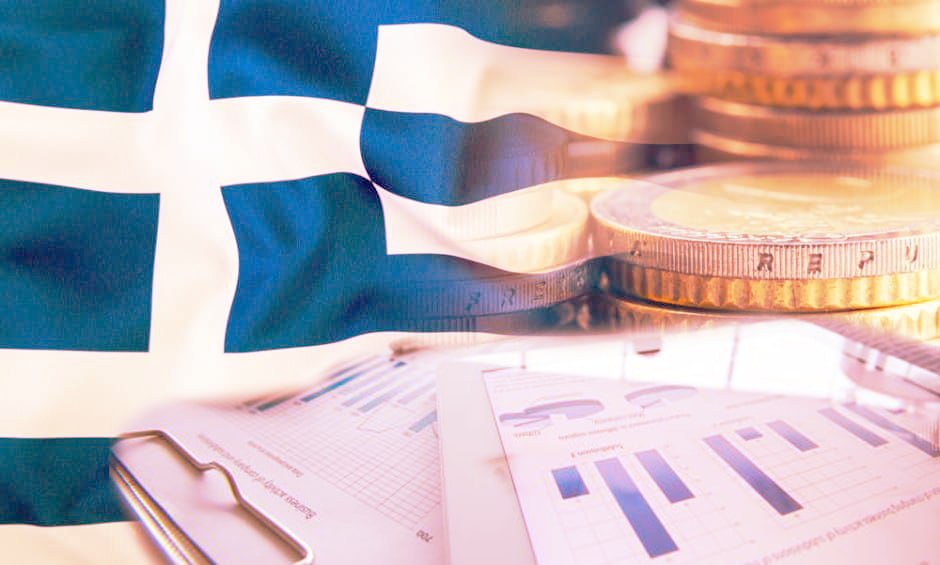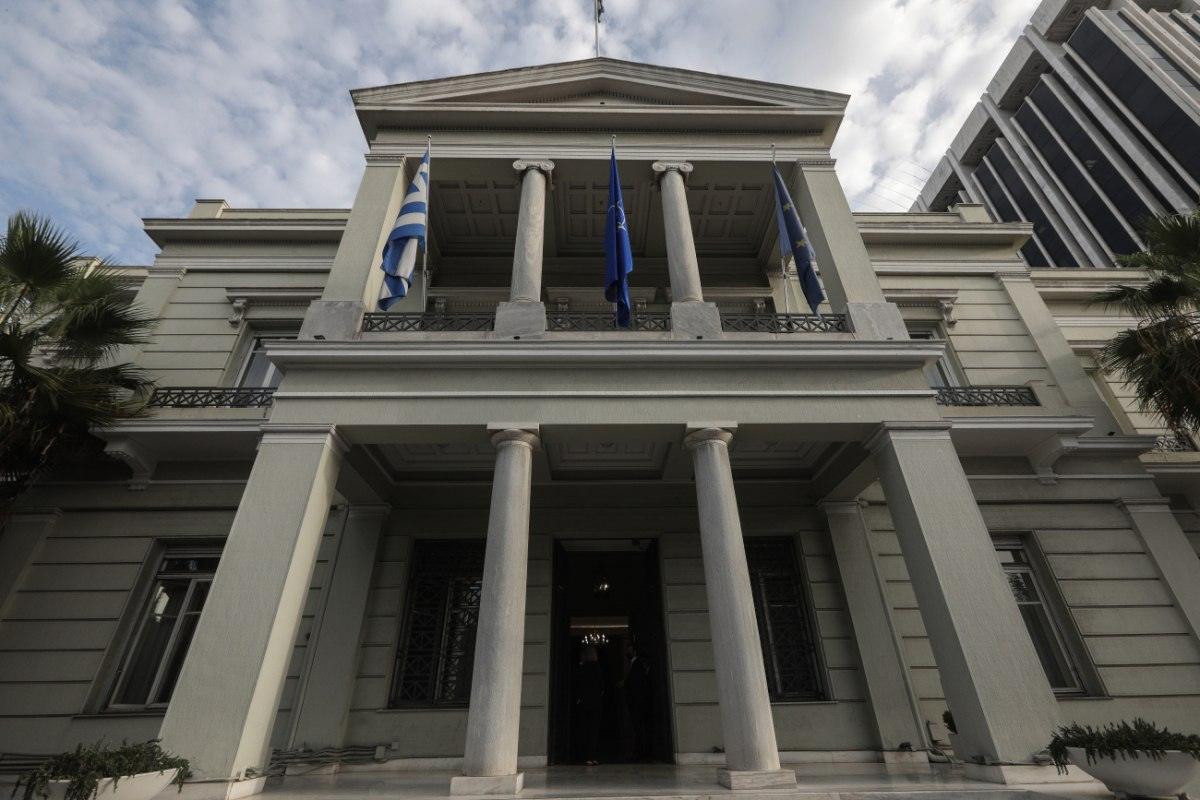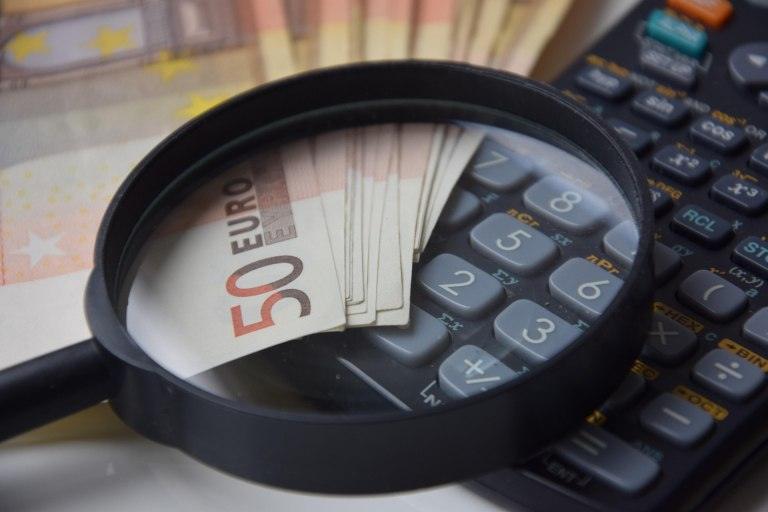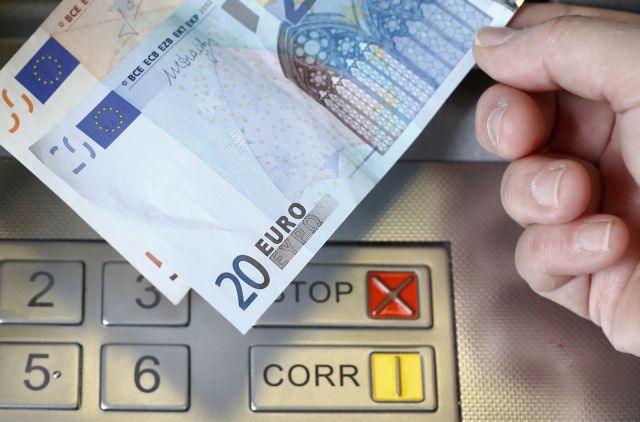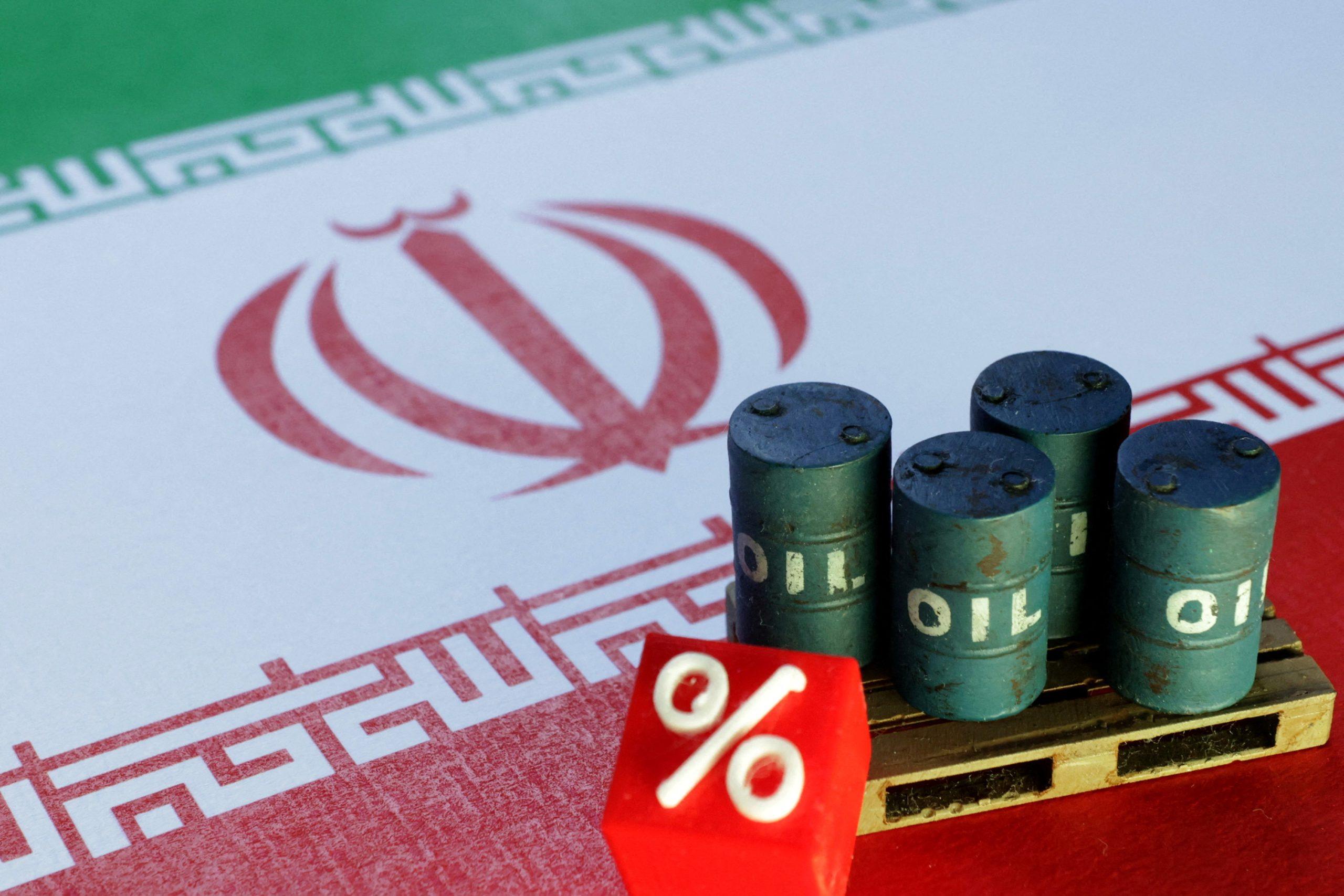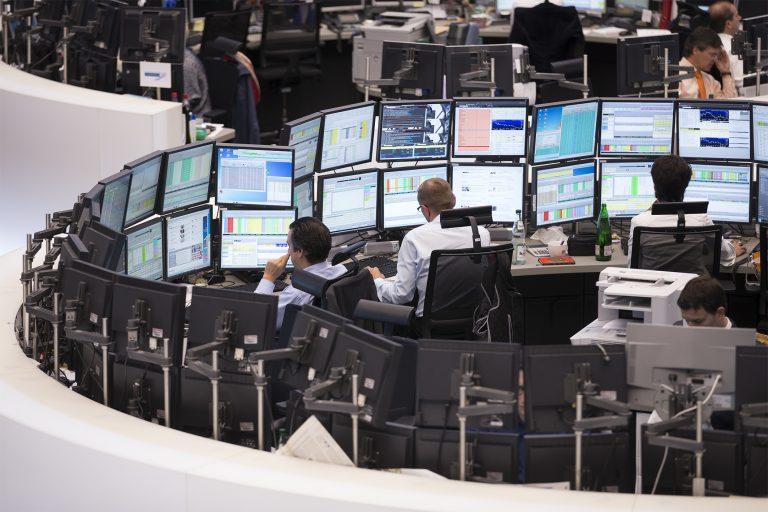According to Reuters, Greece’s return to investment grade after more than a decade is considered a “done deal” by bond investors.
The country, which was rated “junk” by all three leading rating agencies, has been working since the end of the bailout in 2018 to regain favor with investors and the coveted rating – a seal of fiscal credibility.
Investors hope the New Democracy party – the clear winner of Sunday’s election, although it fell short of an outright majority – will stay in power after a run-off vote in June and continue reforms, paving the way for recovery of the credit rating from Greece.
The comparison with Italy
As Reuters points out: “Analysts at banks that deal in Greek government debt said that after this week’s sharp drop in borrowing costs, the bonds were already trading as investment-grade.”
Although Italy has investment-grade ratings from three major rating agencies, Greek 10-year bond yields of around 3.9% are currently trading about 50 basis points below Italy’s, the biggest decline since at least 1999, according to Refinitiv data.
“I would say the upgrade (of the rating) has been priced in. We don’t expect any significant movement after the upgrade,” said Jean-Christophe Machado, interest rate strategist at BNP Paribas, referring to the Greece-Germany bond spread.
Performances and ratings
According to Reuters, Greek 10-year bond yields fell nearly 15 basis points after Sunday’s election result. The additional spread paid by Greek bonds over safe Germany – reflecting their risk premium – is at its lowest level since 2021.
Greece has BB+ ratings from S&P Global and Fitch and a Ba3 rating from Moody’s. Since the bailout ended in 2018, Greece has regained market access, reduced its record public debt and growth is expected to continue to outpace the European Union average this year and next. Returning to the coveted investment grade would be more than symbolic for the country. It would make Greek debt eligible for government bond indices, attracting steady demand from a much larger pool of global investors.
First upgrade
A first upgrade could take place as early as October, when S&P Global Ratings is to review Greece’s rating. When ιτ gave a positive outlook in April, ιτ said Greece could be upgraded within the next year if a new government maintains fiscal discipline and the pace of reforms that unlock EU recovery funds, Reuters analysis said.
JPMorgan, which sees a “high chance” Greece will achieve an investment-grade rating by early 2024, expects the yield spread over German bonds to be at 165bps. by March 2024, about 20 bps higher than today.
BNP Paribas’ Machado expects Greece’s spread to be between 125 and 180 bp. with Germany, after it was given investment grade and indexed, compared to around 140 bp. at this time, indicating that further tightening will be limited.
Impact
Societe Generale strategist Sean Kou also expects little impact from an S&P Global upgrade in October, recalling what happened to Portugal in 2017. Portugal’s bond yields fell sharply after S&P upgraded it to investment grade Global Ratings in 2017, but that decision had surprised markets as the rating agency went straight from a BB+ rating to a stable outlook, rather than setting a positive outlook first – as is currently the case with Greece.
A subsequent upgrade by Fitch Ratings had much less of an impact. “One reason we think it’s already priced in is because now almost everyone expects it,” Kou said.
Commerzbank’s head of rates and credit research, Christoph Rieger, said he also sees ratings upgrades from other houses that will make Greek debt eligible for government bond indices, as it has already been priced.
According to Rieger, the sign of inclusion in the indices could attract buyers, but there could also be selling by fast-money investors such as hedge funds that had already bought Greek debt in anticipation of a move.
